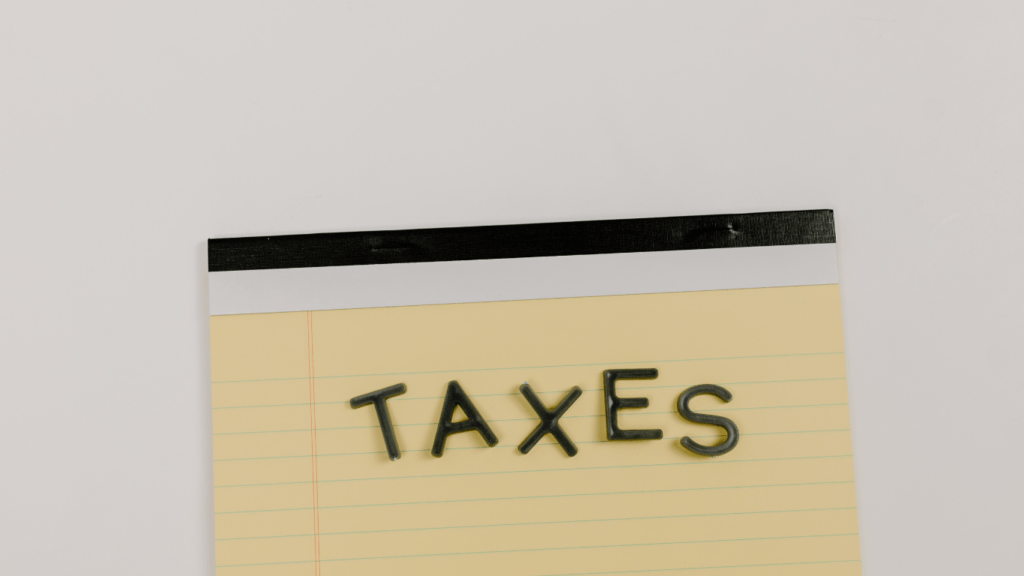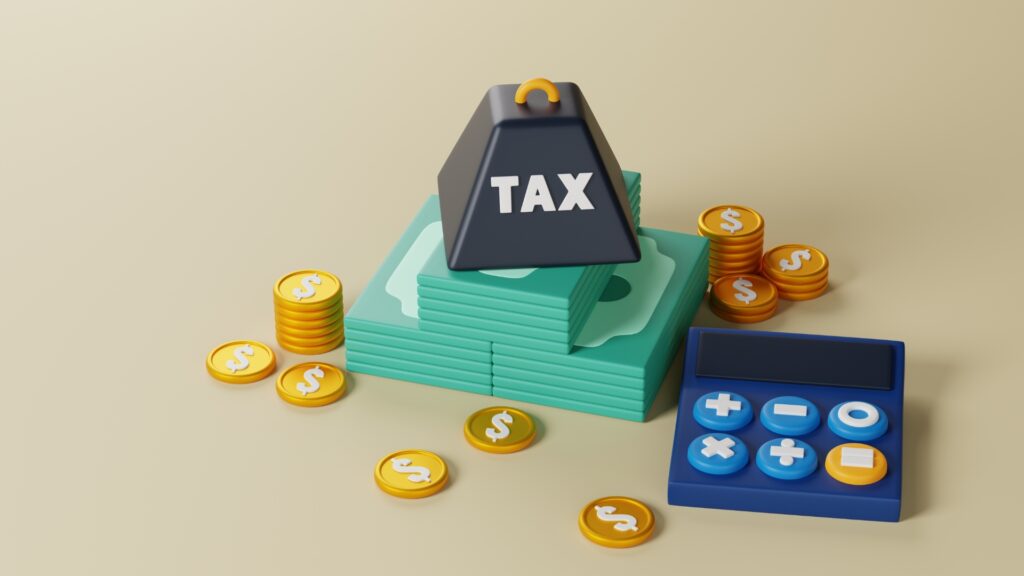Understanding Crypto Tax Audits
A crypto tax audit examines an individual’s cryptocurrency transactions to ensure compliance with tax laws. During an audit, the IRS seeks to verify accurate reporting of income, gains, and losses from all crypto activities.
What Triggers a Crypto Tax Audit?
IRS audits usually get triggered by discrepancies, large transactions, or reporting inconsistencies. For example, if reported crypto income vastly differs from known transactions, the IRS might investigate. High-value transactions or repeated losses can also raise red flags.
Required Documentation
Maintaining comprehensive records is crucial. Auditors expect detailed documentation, including:
- Transaction Records: Dates, amounts, and nature of the transactions.
- Exchange Statements: Reports from platforms like Coinbase or Binance.
- Income Statements: Documentation of earnings from mining, staking, or airdrops.
- Wallet Addresses: Proof of ownership and activity for all wallets.
Audit Process Overview
The audit process involves several steps. First, you’ll receive a notice detailing the scope and required documents. Then, the auditor reviews submitted documentation to verify accuracy. Communication may occur through mail, phone, or in-person interviews. The process aims to confirm compliance, correct any errors, and determine tax liabilities.
Common Audit Issues
Several common issues arise during audits:
- Underreported Income: Omitting or underreporting crypto gains.
- Incorrect Cost Basis: Inaccurate calculations of the original value of the assets.
- Lack of Documentation: Incomplete records make verification difficult.
- Misclassified Transactions: Mistaking personal transactions for business income.
Best Practices for Audit Preparation
Adopting certain best practices helps ensure a smoother audit experience:
- Keep Accurate Records: Regularly update and maintain transaction logs.
- Understand Tax Obligations: Stay informed about crypto tax rules.
- Use Crypto Tax Software: These tools help automate and streamline records.
- Consult Professionals: Getting advice from tax professionals can provide clarity and ensure compliance.
By understanding the intricacies of a crypto tax audit, individuals can better prepare and navigate the process confidently.
Key Documentation for a Crypto Tax Audit
When preparing for a crypto tax audit, I gather specific documents to ensure compliance and accuracy. The main documents include transaction records, wallet addresses, exchange statements, and tax returns and receipts.
Transaction Records
I compile all transaction records, detailing buys, sells, transfers, and trades. Each record includes the date, asset, amount, transaction type, and involved parties. For example, I make sure to include details from exchanges like Coinbase or Binance to provide a complete transaction history.
Wallet Addresses
I document all wallet addresses used for my cryptocurrency transactions. Both public and private addresses are essential. I also keep records of transactions between my wallets to show asset movement. Secure platforms like Ledger or Trezor help track wallet activities effectively.
Exchange Statements
I download and save exchange statements that outline my trade history, deposits, and withdrawals. These statements from exchanges like Kraken or Gemini offer a detailed snapshot of my activity. I reconcile these with my transaction records to identify discrepancies.
Tax Returns and Receipts
I include copies of my filed tax returns and receipts for transactions and crypto-related expenses. These documents verify that I reported my earnings and losses accurately. Receipts for purchases, sales, and any mining activities provide an additional layer of proof for my tax filings.
Common Triggers for a Crypto Tax Audit
Crypto tax audits often stem from specific red flags in transactions and reporting. Recognizing these common triggers helps stay prepared.
Large Transactions
Large transactions often catch the attention of tax authorities. Significant deposits or withdrawals can prompt a review. For instance, if I make a $100,000 transfer in a short period, it’s likely to be scrutinized. Ensuring these transactions are documented and reported accurately reduces the risk of triggering an audit.
Unreported Income
Unreported income, including gains from crypto trades, is a major audit trigger. If I fail to report earnings from my holdings, tax authorities will investigate. For instance, if I sell Bitcoin for $10,000 and don’t include it in my tax returns, it draws attention. Accurate and honest reporting of all income is crucial.
Unusual Trading Activities
Unusual trading activities, such as frequent large volume trades or erratic transaction patterns, alert tax authorities. If my trading behavior deviates significantly from the norm, it raises questions. For example, if I make multiple trades each day involving large sums, authorities might consider it suspicious. Keeping thorough records and explanations for these activities preemptively addresses any audit concerns.
Recognizing these triggers and maintaining meticulous records ensures smoother navigation through potential audit scenarios.
Preparing for a Crypto Tax Audit

Preparing for a crypto tax audit involves several critical steps. Adopting proactive measures ensures smooth navigation through the audit process.
Organizing Your Records
Organizing records is essential for an audit. Maintain transaction records, including dates, amounts, and counterparties. Secure exchange statements, wallet addresses, and conversion rates. Categorize records by type, such as purchases, sales, and transfers. Use software like CoinTracking or CryptoTrader.Tax for automated tracking.
Seeking Professional Help
Seeking professional help can simplify audit preparation. Consult a CPA familiar with cryptocurrency tax laws to ensure compliance with IRS requirements. They provide guidance on documentation, identify discrepancies, and represent you during the audit. Look for professionals with certifications and experience in crypto taxation.
Reviewing Previous Tax Submissions
Reviewing previous tax submissions identifies inconsistencies. Compare crypto transactions reported in past returns with the current records. Correct any errors or omissions promptly, as the IRS scrutinizes discrepancies. Cross-reference your Form 8949 and Schedule D with transaction logs for accuracy. Reviewing submissions also helps prepare explanations for any changes detected.
During the Audit: What to Expect
Once the audit begins, several structured stages occur. Here’s what you need to know about each phase.
Initial Notification
The IRS sends an audit notification via mail, detailing the scope. The letter specifies the years under review and the types of documents needed. It’s vital to respond promptly and to follow the instructions precisely to avoid penalties.
Information Requests
Following the initial notification, the IRS often requests specific information. They ask for transaction records, wallet addresses, and exchange reports. Providing accurate and complete data ensures compliance. Missing documents or discrepancies can lead to further scrutiny.
Interview Process
In some cases, the IRS conducts interviews. These sessions focus on clarifying ambiguities in your documentation. Be prepared to explain your transactions, sources of funds, and any unique circumstances. Consulting with your CPA beforehand can help you present your information clearly and confidently.
Post-Audit Actions
After completing a crypto tax audit, taking the right steps ensures compliance and minimizes future risks.
Responding to Findings
Addressing the auditor’s findings quickly can reduce penalties. If discrepancies are found, I review them closely to understand any mistakes. It helps to consult a CPA, who can explain the implications and recommend actions.
Correcting Errors
Correcting any errors from the audit is crucial. I file amended returns for the affected years if I find inconsistencies. This shows good faith to the IRS. Documenting all corrections, including how they were determined, provides clarity for future reference.
Implementing Best Practices
To prevent future issues, I adopt best practices in crypto tax reporting. Keeping detailed transaction records, using tax software, and consulting with a CPA annually ensures accurate filings. Staying updated on tax laws related to cryptocurrency further supports compliance.

 Alice Morillo is a prominent figure at The Digi Chain Exchange, known for her passion and expertise in the field of cryptocurrency and digital finance. With a keen interest in the evolving landscape of blockchain technology, Alice has dedicated herself to providing insightful content that helps both new and seasoned investors navigate the complexities of the crypto world. Her contributions to The Digi Chain Exchange reflect her deep understanding of market trends, trading strategies, and the regulatory environment surrounding digital assets.
Alice Morillo is a prominent figure at The Digi Chain Exchange, known for her passion and expertise in the field of cryptocurrency and digital finance. With a keen interest in the evolving landscape of blockchain technology, Alice has dedicated herself to providing insightful content that helps both new and seasoned investors navigate the complexities of the crypto world. Her contributions to The Digi Chain Exchange reflect her deep understanding of market trends, trading strategies, and the regulatory environment surrounding digital assets.

